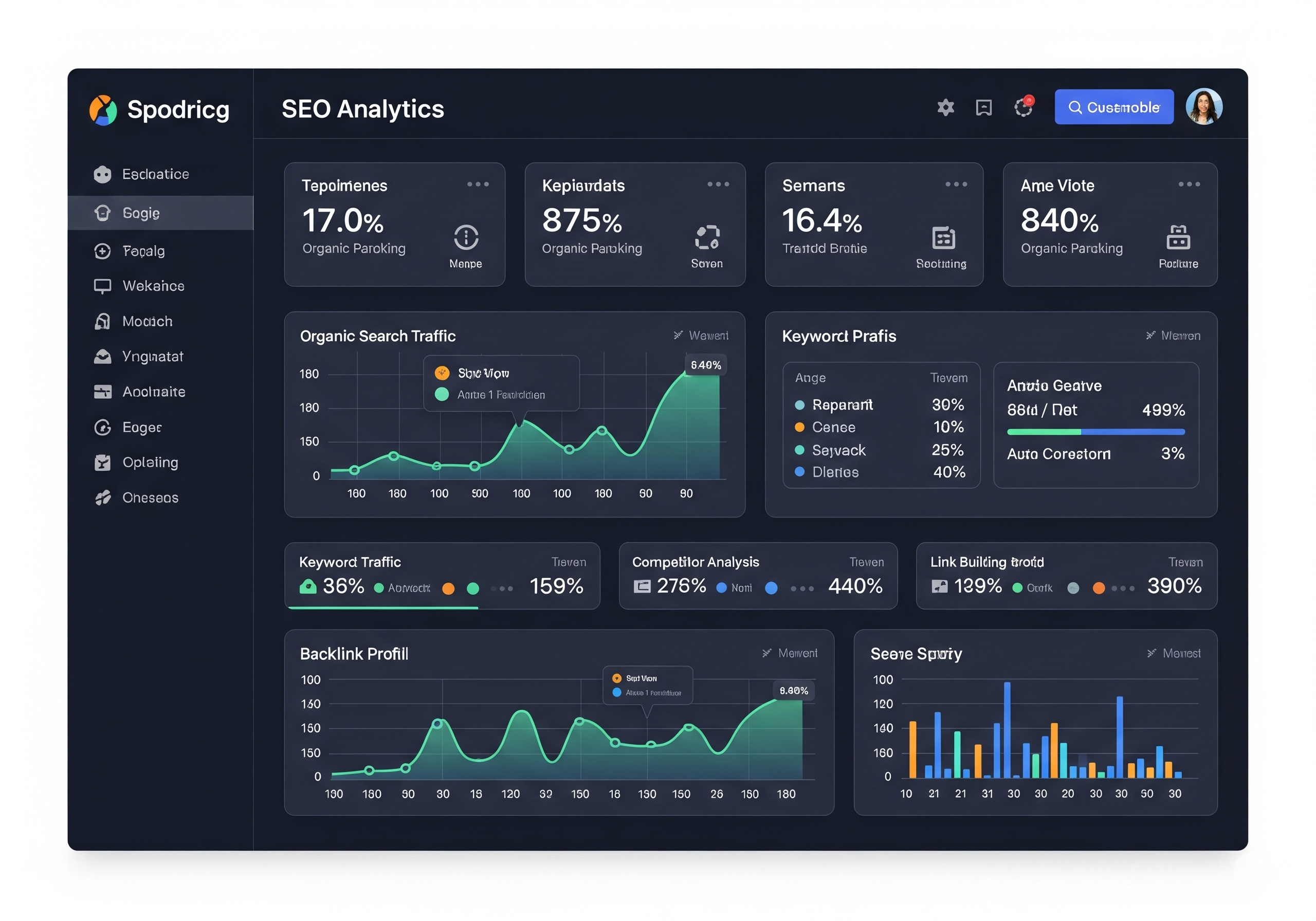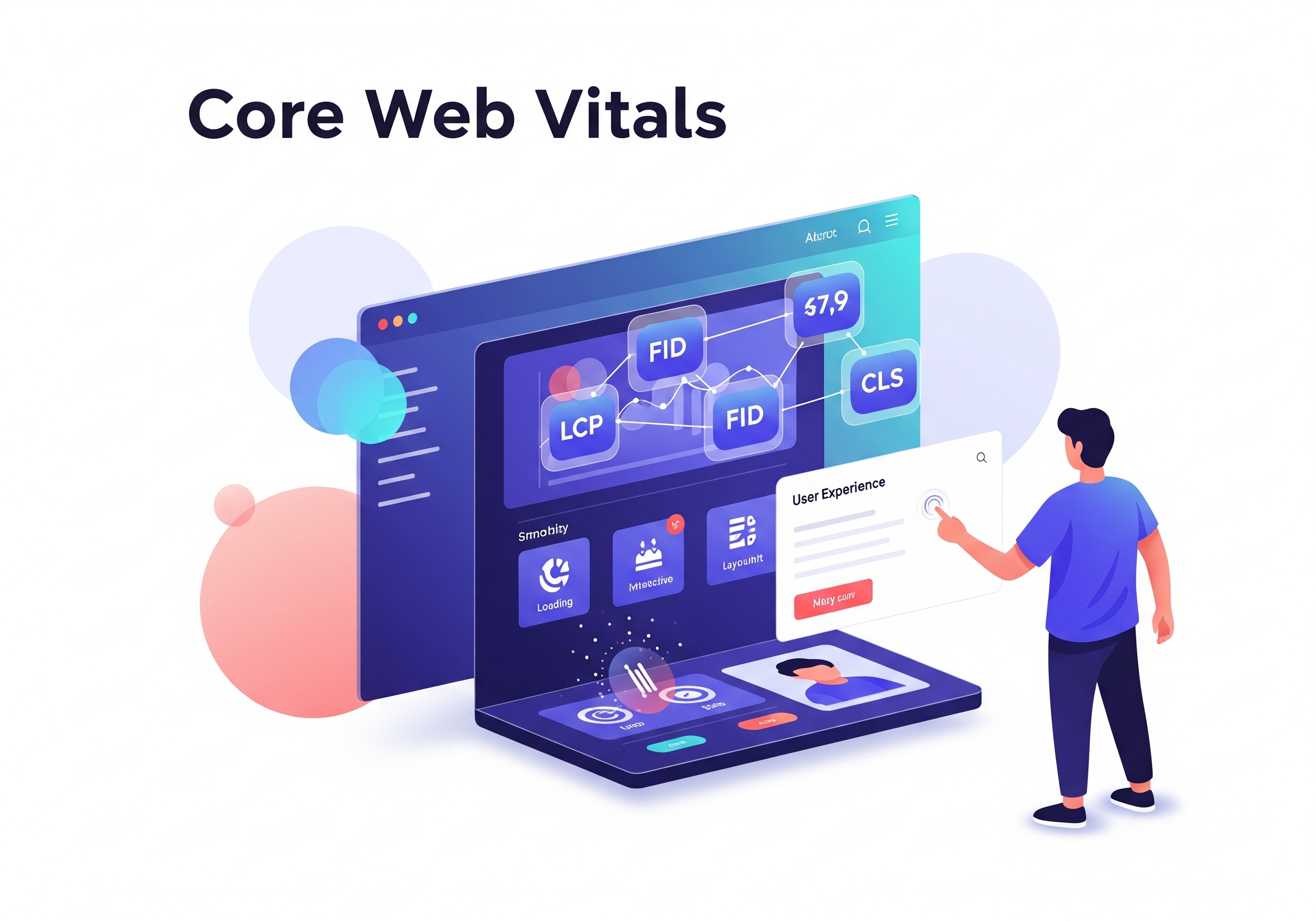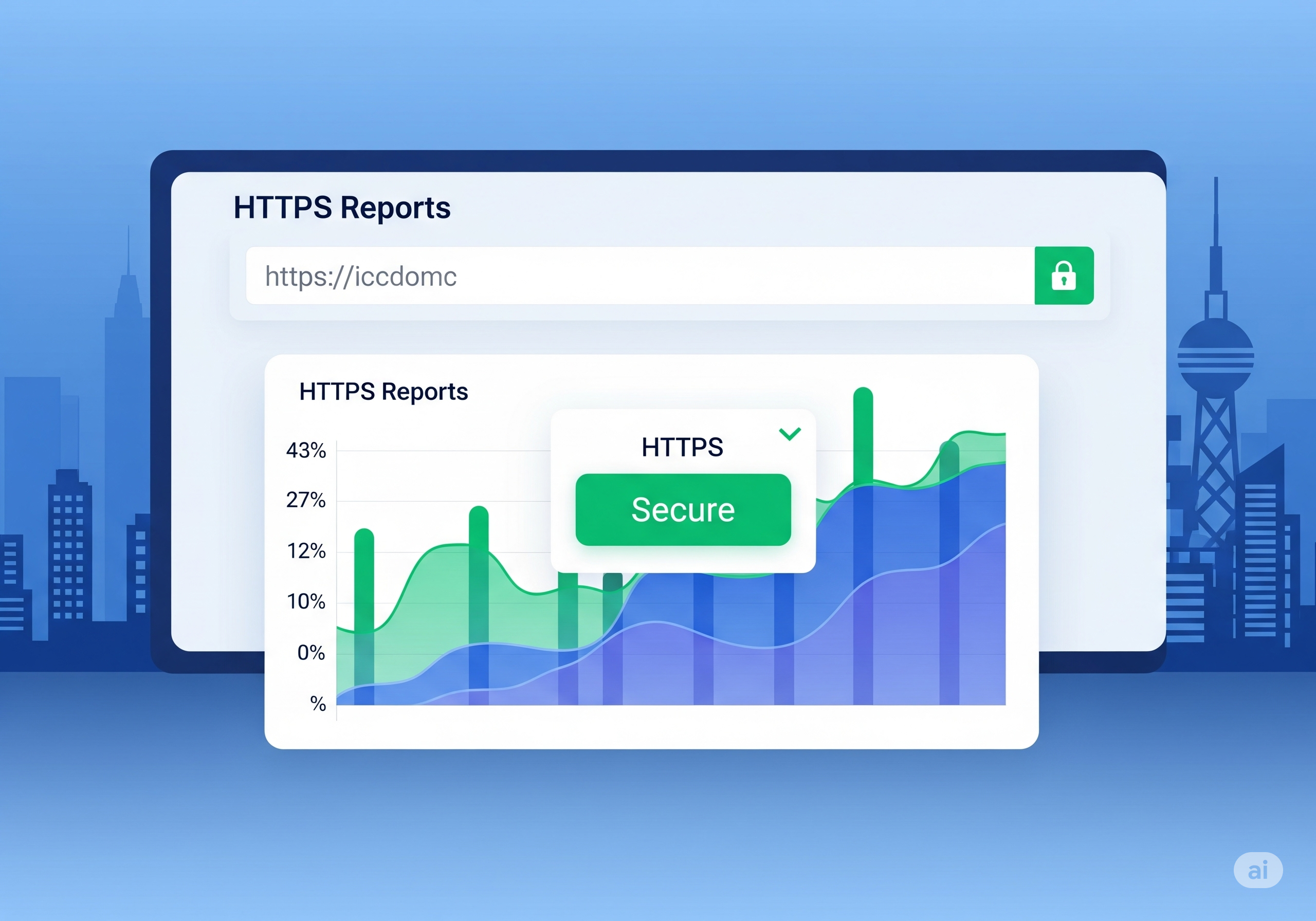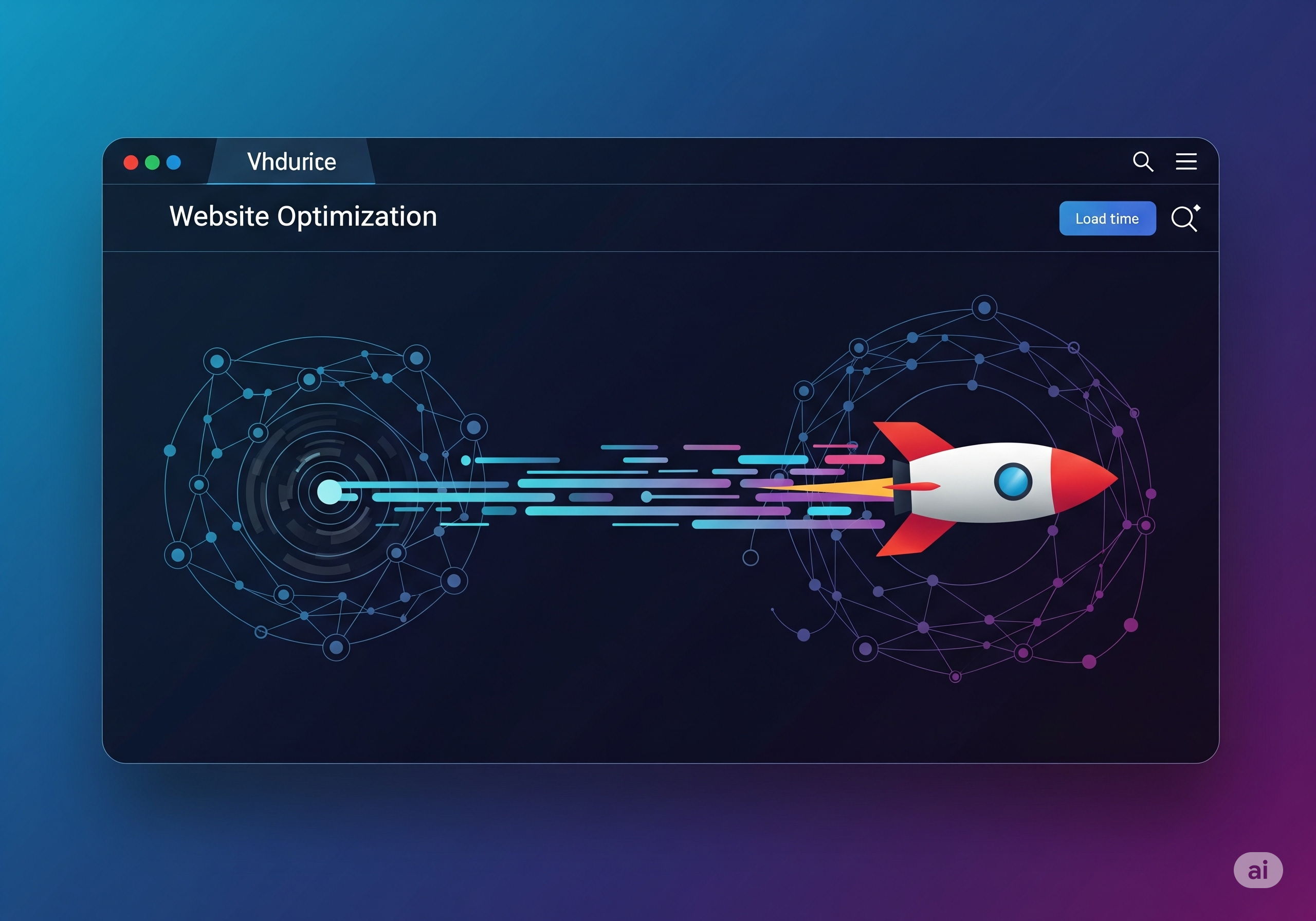2025-6-17
In the ever-evolving world of SEO, staying informed about tool updates and advancements is crucial for maintaining a competitive edge. Google Search Console, a vital tool for webmasters, is seeing significant changes, impacting how we analyze and understand page performances. This article delves into these changes, focusing on key components such as the Core Web Vitals and the implications of discontinuing the Mobile-Friendly Test.

Core Web Vitals are fundamental metrics within Google Search Console designed to improve user experience by evaluating site performance. These metrics cover aspects such as loading performance, interactivity, and visual stability. By focusing on these areas, webmasters can ensure that their sites provide a smooth and engaging user experience, which is critical for retaining visitors and improving search rankings.
The three vital components of Core Web Vitals include:
These elements collectively enhance the user's experience by ensuring speed and visual stability, thus positively influencing SEO scores.

Improving Core Web Vitals not only boosts user engagement but also aligns with Google's commitment to prioritize pages that provide exceptional user experiences. Sites that excel in these metrics often see improved search rankings, increased user retention, and reduced bounce rates.
The HTTPS report within Google Search Console remains a crucial element, emphasizing the importance of security in user interactions. HTTPS is an essential factor for maintaining user trust and protecting data during transmission.
Having an HTTPS-enabled website is more important than ever. It not only safeguards user information but also plays a pivotal role in SEO. Search engines favor HTTPS sites, awarding them with better rankings due to the secure environment they offer.

The removal of the Mobile-Friendly Test by Google highlights the shift in how mobile usability is assessed. Despite its discontinuation, mobile usability remains a critical component of Google's page experience guidance.
With increasing mobile device usage, ensuring a seamless mobile experience is vital for businesses. Mobile usability affects user engagement and conversions, directly impacting the bottom line.

Even without the Mobile-Friendly Test, businesses can use alternative tools to assess mobile usability, such as Google’s Mobile Usability report within the Search Console. This allows for continued focus on creating engaging mobile experiences.

In today's digital landscape, understanding user behavior has become as crucial as technical optimizations. As search engines become more sophisticated, they increasingly factor in user intent. By leveraging analytical tools such as heatmaps and user session recordings, marketers can gain valuable insights into how users interact with their sites. This knowledge allows for more precise adjustments, tailoring content and design to meet user needs and increase engagement.

Personalization has emerged as a powerful strategy in web design and digital marketing. By providing personalized content, businesses can significantly enhance user experience and foster customer loyalty. Tools that adapt content based on user preferences and previous interactions are gaining traction, helping convert casual visitors into dedicated users.
With advances in artificial intelligence and machine learning, the SEO industry is witnessing transformative changes. AI-powered tools now offer capabilities such as content optimization, keyword analysis, and competitive intelligence. These tools provide data-driven insights, helping SEO professionals make informed decisions and strategize more effectively.

Predictive analytics, powered by machine learning, enables businesses to forecast trends and user behavior with high accuracy. This technology helps marketers anticipate shifts in user preferences and market demands, allowing them to adjust their strategies proactively. Implementing predictive analytics can lead to better resource allocation, targeted marketing campaigns, and ultimately, increased ROI.
Page load speed remains a crucial factor for both user experience and SEO. Slow loading times directly impact bounce rates and user satisfaction. By employing techniques such as image optimization, code minification, and implementing Content Delivery Networks (CDNs), webmasters can significantly improve load times. Continuous monitoring and optimization are key to maintaining optimal performance.

In an increasingly mobile-first world, optimizing websites for mobile users is no longer optional. Responsive design and accelerated mobile pages (AMP) help ensure that sites provide a seamless experience across devices. As Google continues to focus on mobile-first indexing, paying attention to mobile user experience is critical for maintaining and improving search rankings.
As voice-activated devices become more prevalent, optimizing for voice search is becoming essential. Voice searches tend to be more conversational and question-based, pushing SEOs to adapt content strategies and optimize for long-tail keywords. Technology advancements, such as natural language processing, further impact how search engines process and prioritize voice search queries.
Augmented Reality (AR) is set to revolutionize the way consumers interact with brands. By offering immersive experiences, AR engages users in a unique manner, enriching storytelling and product visualization. As this technology becomes more accessible, integrating AR into digital marketing and SEO strategies could provide a significant competitive advantage.
The future of SEO and digital marketing is bright with opportunities. As Google Search Console continues to evolve, embracing changes such as Core Web Vitals and transitioning beyond traditional metrics will be crucial steps towards success. Leveraging AI, focusing on user-centric strategies, and staying ahead of trends such as voice search and AR will empower businesses to not only meet but exceed user expectations. Ultimately, adapting and evolving with the digital ecosystem is key to ensuring long-term sustainability and growth in SEO performance.